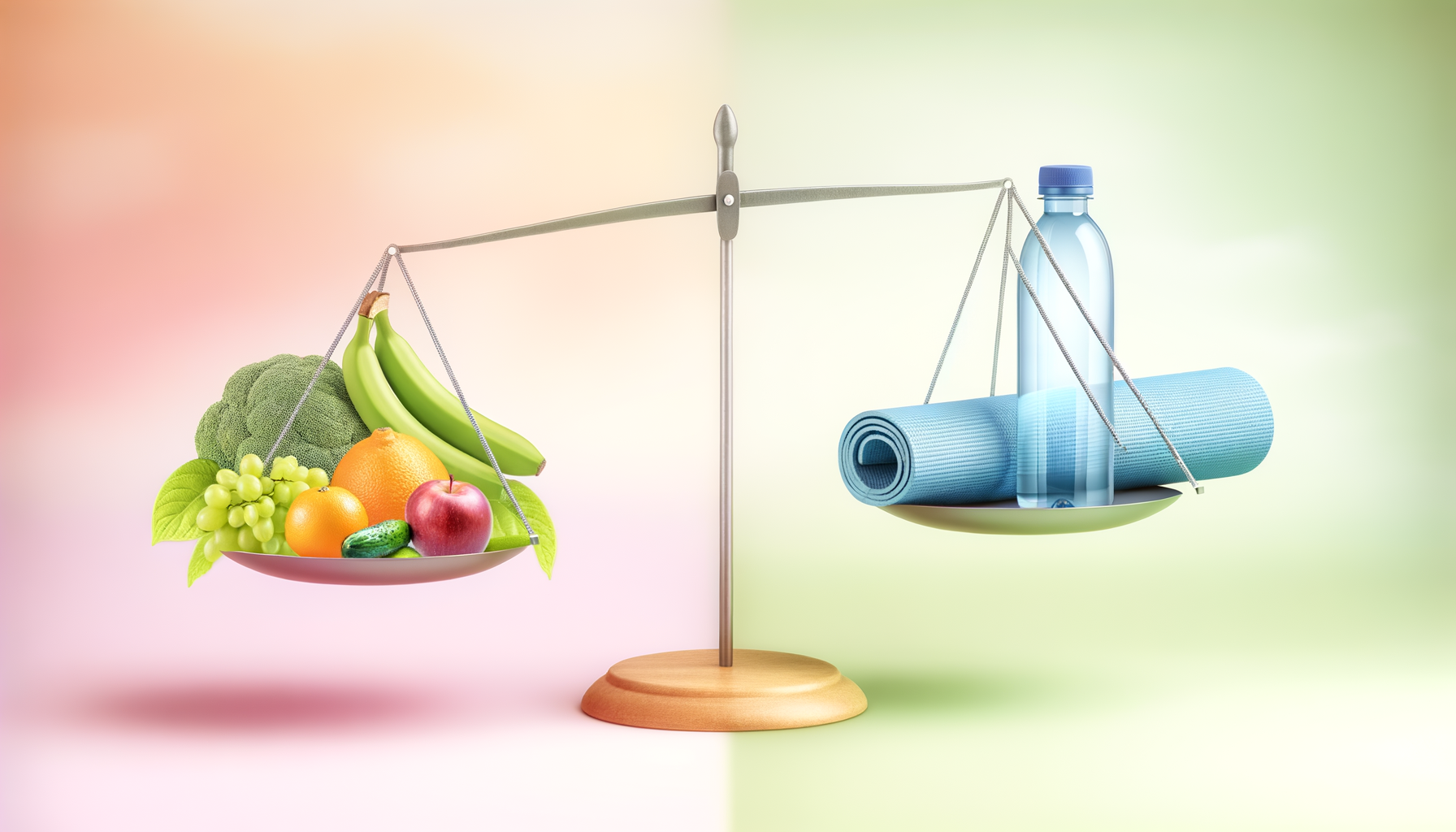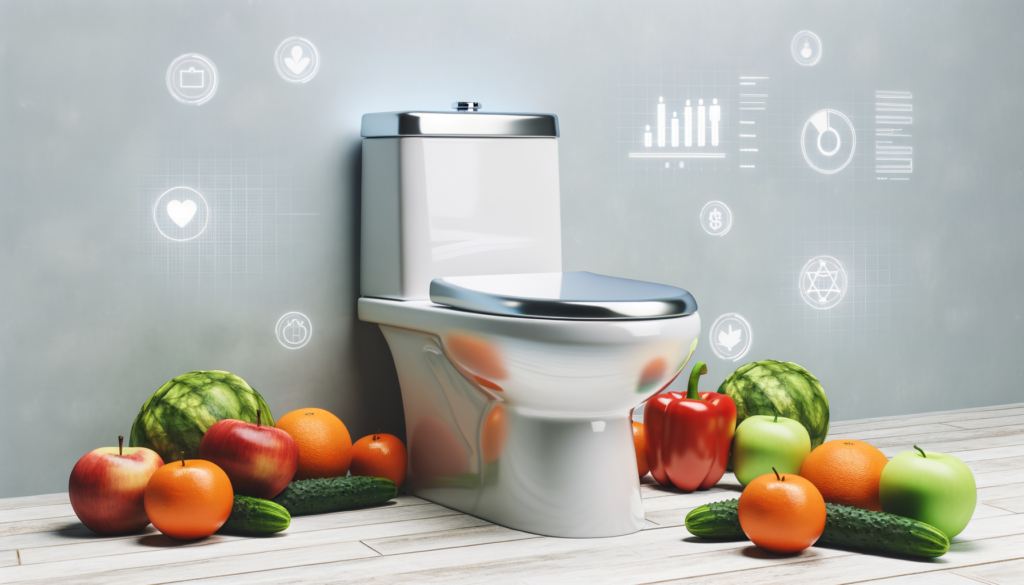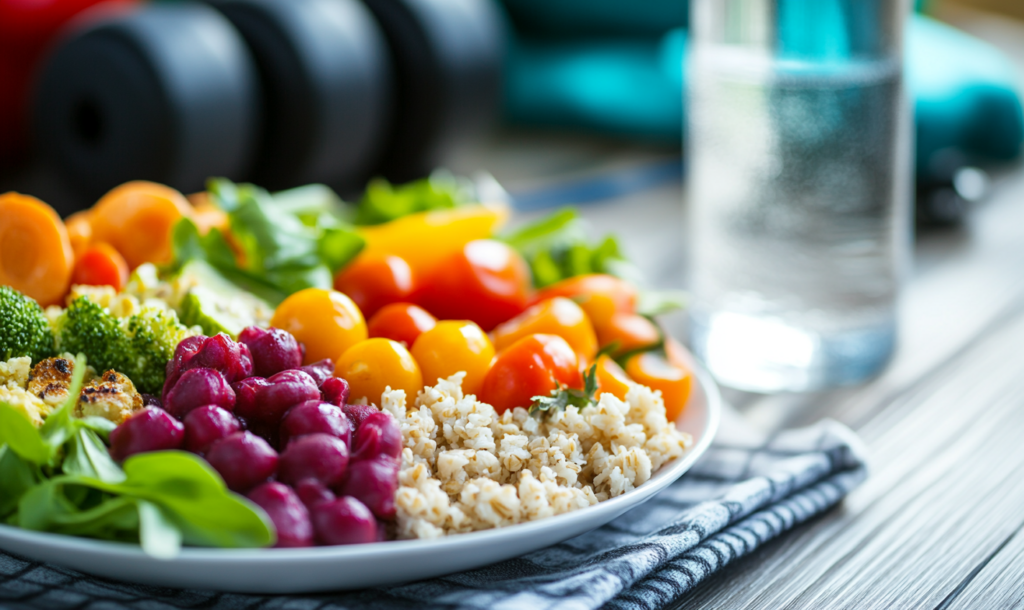Understanding the Impact of Calorie Balance on Endometriosis Symptoms
Managing endometriosis involves a multifaceted approach that includes medical treatments, lifestyle changes, and dietary adjustments. One often overlooked but crucial aspect of this management is calorie balance. In this article, we will delve into the role of calorie balance in managing endometriosis symptoms, exploring how nutrition, hormonal balance, and overall health are interconnected.
The Link Between Diet and Endometriosis Symptoms
Endometriosis is a chronic condition characterized by the growth of endometrial tissue outside the uterus, leading to pain, inflammation, and often infertility. Diet plays a significant role in managing these symptoms by influencing hormone levels and inflammation.
Research indicates that certain foods can either exacerbate or alleviate endometriosis symptoms. For instance, anti-inflammatory foods such as fatty fish (like salmon and tuna), leafy greens (like kale and spinach), and berries are rich in antioxidants and omega-3 fatty acids, which help reduce inflammation[2][3][4].
Foods to Include
- Fatty Fish: Rich in omega-3 fatty acids, these fish help reduce inflammation.
- Leafy Greens: Kale, spinach, and other greens are packed with antioxidants.
- Berries: High in antioxidants, berries are excellent for reducing oxidative stress.
- Whole Grains: Foods like brown rice, quinoa, and oats provide fiber and essential nutrients.
- Legumes: Beans, lentils, and peas are rich in fiber, protein, and various vitamins and minerals.
Foods to Avoid
- Processed Foods: These often contain unhealthy fats, sugar, and additives that can worsen inflammation.
- Red Meat: High in arachidonic acid, which can promote inflammation.
- Dairy Products: Some women find that dairy products exacerbate their symptoms.
- Sugar: Can cause inflammation and disrupt hormone levels[2][3][4].
The Role of Fiber in Calorie Balance and Hormonal Regulation
Fiber is a critical component of a balanced diet for managing endometriosis. It not only promotes digestive health but also helps regulate estrogen levels. High fiber intake ensures regular bowel movements, which are essential for eliminating excess estrogen from the body.
According to registered dietitian Courtney Barth, adults should aim to consume 35 grams of fiber daily. This can be achieved by eating more fruits, vegetables, whole grains, and legumes. However, it is important to increase fiber intake gradually to avoid digestive discomfort[3].
Practical Tips for Increasing Fiber
- Gradual Increase: Add fiber-rich foods gradually to your diet.
- Hydration: Drink plenty of water to minimize side effects like bloating and gas.
- Ground Flaxseed: A rich source of fiber, but consume no more than 3 tablespoons per day.
Calorie Balance and Weight Management
Maintaining a healthy weight is crucial for managing endometriosis symptoms. Excess weight can lead to increased estrogen production, which can exacerbate symptoms. A balanced calorie intake ensures that you are neither consuming too many calories, which can lead to weight gain, nor too few, which can result in nutrient deficiencies.
Using a tool like the
Calorie Calculator Cloud can help you determine your daily calorie needs based on your activity level, age, and other factors. This can be particularly useful in ensuring you are meeting your nutritional requirements without overconsumption or underconsumption of calories.
Hormonal Balance and Nutrition
Hormones, particularly estrogen, play a significant role in endometriosis. Certain foods can influence estrogen levels, thereby affecting symptoms.
Foods high in fiber, such as fruits, vegetables, and whole grains, help regulate estrogen levels by ensuring regular bowel movements. Omega-3 fatty acids found in fatty fish and flaxseeds also support hormonal balance by reducing inflammation[1][2][4].
Beneficial Nutrients and Supplements
- Vitamin D: Essential for immune function and reducing inflammation. Good sources include sunlight, fortified foods, and supplements.
- Magnesium: Helps reduce muscle cramps and pain associated with endometriosis. Found in leafy greens, nuts, seeds, and supplements.
- Probiotics: Support a healthy gut microbiome, which can influence inflammation and overall health. Sources include yogurt, kefir, sauerkraut, and supplements[2][3].
Exercise and Calorie Balance
Exercise is another crucial aspect of managing endometriosis symptoms. Regular physical activity can help maintain a healthy weight, reduce pain through the release of endorphins, and improve overall well-being.
Daily exercise, such as walking, swimming, or dancing, for about 60 minutes can be beneficial. However, it is important to consult with your healthcare provider or physical therapist to determine the appropriate intensity and type of exercise for your condition[5].
How Exercise Affects Endometriosis
- Endorphins: Exercise releases endorphins, which act as natural pain relievers.
- Weight Management: Regular exercise helps maintain a healthy weight, reducing the risk of increased estrogen production.
- Energy Levels: Exercise can improve energy levels and overall quality of life.
Conclusion and Next Steps
Managing endometriosis through diet and calorie balance is a personalized and multifaceted approach. By focusing on nutrient-dense foods, maintaining healthy blood sugar levels, identifying inflammatory triggers, and ensuring a balanced calorie intake, you can significantly reduce your symptoms.
Remember to work closely with your healthcare provider to tailor a diet and exercise plan that suits your specific needs. Tools like the
Calorie Calculator Plans can be invaluable in helping you achieve and maintain a healthy calorie balance.
Final Tips
- Gradual Changes: Implement dietary changes gradually to allow your body to adjust.
- Meal Planning: Plan meals ahead of time to ensure you have healthy, anti-inflammatory foods available.
- Listen to Your Body: Pay attention to how different foods affect your symptoms and adjust your diet accordingly.
By taking a holistic approach to your health, including a balanced diet, regular exercise, and the right calorie intake, you can take significant steps towards managing your endometriosis symptoms and improving your overall quality of life.








